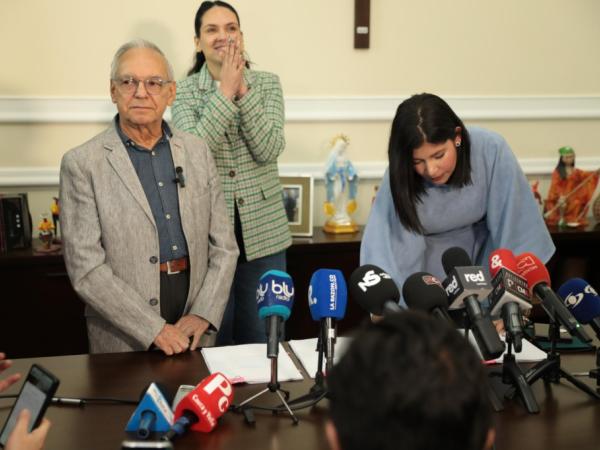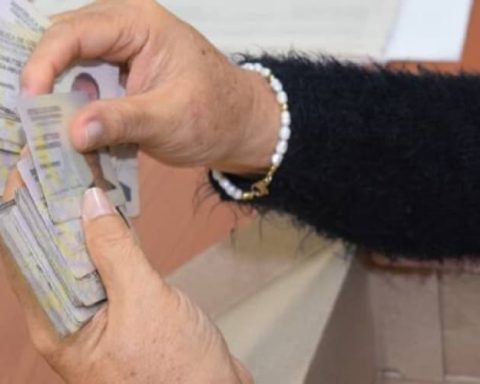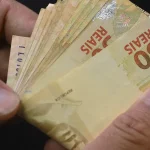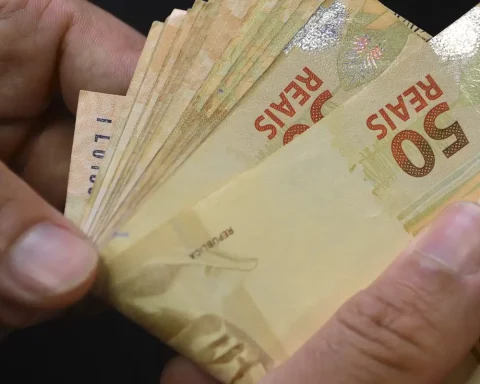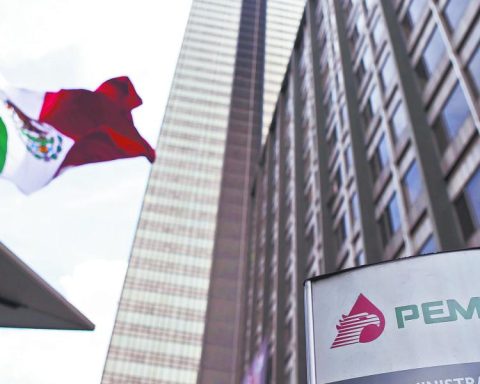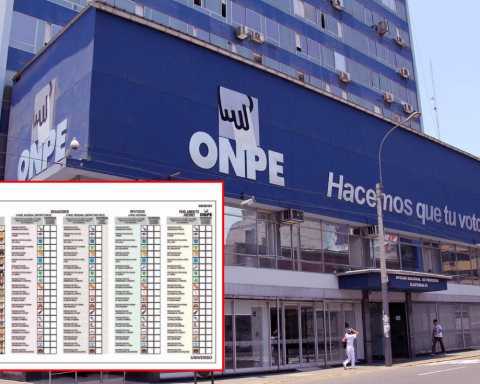The financing bill presented this week by the Ministry of Finance to collect the $12 billion needed in the 2025 Budget is far from giving peace of mind to Colombians and Congress, since its accounts continue to generate doubts in areas such as collection and the possibility of that if it does not materialise as the Government expects, new spending cuts will have to be made.
Minister Ricardo Bonilla defends the initiative, arguing that it is necessary to ensure social investment in the regions and that the proposed tax changes will only impact the richest in the country. However, the proposal has several articles that are not convincing, especially in the handling of the fiscal rule and the collection projections that continue to be given to the Dian.
More news: Coursera courses and scholarships to boost your career and access high-demand jobs
One of the most recent warnings is in the “green component” of the financing law, which has been seen by some sectors as a “monkey” that would open the door to the fiscal rule being made more flexible and the Government being able to increase its debt margins, ignoring the norms that regulate this issue, generating an impact on the image before the rating agencies and international organizations.
Colors to the rule
In its articles and justifications, the project puts on the table the possibility to incorporate a green component into the current Fiscal Rule to promote sustainable climate action. This is in order to promote investments aimed at reducing environmental liabilities and directing resources to climate change mitigation and environmental conservation strategies.”
Ricardo Bonilla, Minister of Finance.
Courtesy – Ministry of Finance
According to the Ministry of Finance, it also seeks to “promote the process of a fair energy transition, through the execution of projects that allow the transformation of the country’s energy matrix, migrating towards renewable energies that guarantee sustainable development in the long term.”
Now, to achieve this, the Government is asking for an additional spending space to be approved on a temporary basis “that is consistent with the current institutionality around the Fiscal Rule. This spending space, together with the efforts of other Government units, international cooperation, and private sector, will help close the country’s climate financing gap.”
Read also: This would be the city in Colombia with the lowest level of food security
“The proposal states that the green component of the Fiscal Rule, excluded from the Structural Net Primary Balance, should be, at most, 0.3% of annual GDP between 2025 and 2030 (1.8% cumulative), and an additional 0.15% between 2031 and 2035 (0.75% in total),” they added.
On the other hand, the article already makes it clear that what is wanted is that the Fiscal Rule temporarily excludes green investments made during each period. Simply put, it opens the door for the country to go into debt without this adding to the accounts that seek to avoid a fiscal imbalance.
Relaxation of the rules
The Anif Center for Economic Studies argues that this proposal is an idea that undermines the fiscal rule and will affect Colombia’s image in international credit organizations, which could lead to more expensive loans in the future, not only for the State, but also for businesses and people in the streets.

Colombian pesos
iStock
“It is inconvenient to introduce the notion of a Green Fiscal Rule. “To colorize the Fiscal Rule is to undermine it, which will ultimately translate into a loss of credibility of the fiscal institutions, and in higher interest rates for the Government, companies and Colombian families,” said José Ignacio López, president of Anif.
Meanwhile, for the rector of the EIA University and former Minister of Finance, José Manuel Restrepo, the debate that seemed closed due to the harmful effects that such a change could generate for the local economy is once again being abandoned. He also made it clear that the fiscal rule cannot be touched, no matter what color it is given, since this is playing with investor confidence.
“This means making the fiscal rule more flexible or relaxing and that some so-called green investments are no longer included in the calculation of the deficit or the primary balance, and therefore what it does is increase the capacity of the National Government to finance additional expenses, charged to the same result established by the fiscal rule,” he began by saying.
More information: Petro government revealed its cards with the financing law
It is worth noting that the Fiscal Rule is a commitment by governments to have good practices in the use of society’s resources, to avoid excessive spending, to be responsible with collections and to avoid excessive indebtedness above all.
“That is why what was proposed is a way to relax public spending, “raising the fiscal deficit and increasing public debt in relation to GDP. In the future, it does not generate credibility in the markets, therefore it could eventually increase the country risk premium, increase the exchange rate or increase public financing costs, giving less space to investment in the country,” said José Manuel Restrepo.
Different alternatives
The “monkey” to make the fiscal rule more flexible is not the only point of criticism for the financing law, since it has also been said that it does not fulfill the function of financing the $12 billion that the country needs to balance the coffers in next year’s Budget, that it depends on other changes such as advancing compliance with the fiscal rule and that in the future it does not generate greater resources for the Nation.
Because of this, for the former Vice Minister of Finance, Juan Alberto Londoño, It is necessary to continue putting pressure on the Petro government to be even more honest about its accounts and to recognize that there is not enough money to spend on everything it wants and that it can start by cutting back on operations in the entities where it can.

Sustainability.
iStock.
“No more lies. The minimum corporate tax rate increases the tax for all low-margin companies; because it is presumptive income. Eliminating the simple tax regime increases the tax on MSMEs and increases the level of informality and increases occasional profits, which generates higher taxes for companies. On top of that, it deceives transporters by increasing taxes on fuels due to the carbon tax,” he concluded.
Within the Congress of the Republic, the mood to move forward with this project is not the best, since some sectors maintain that it is better to leave it for later and concentrate on optimizing public spending to be in tune with the need for resources and the lack of liquidity in the State treasury. while Casa de Nariño continues to threaten to cut investment.
